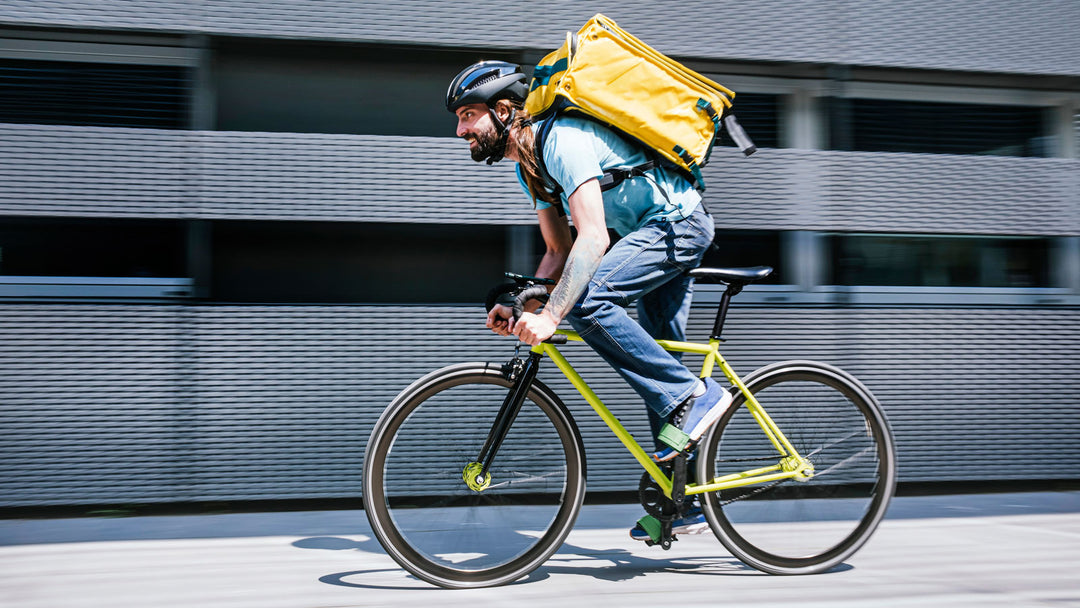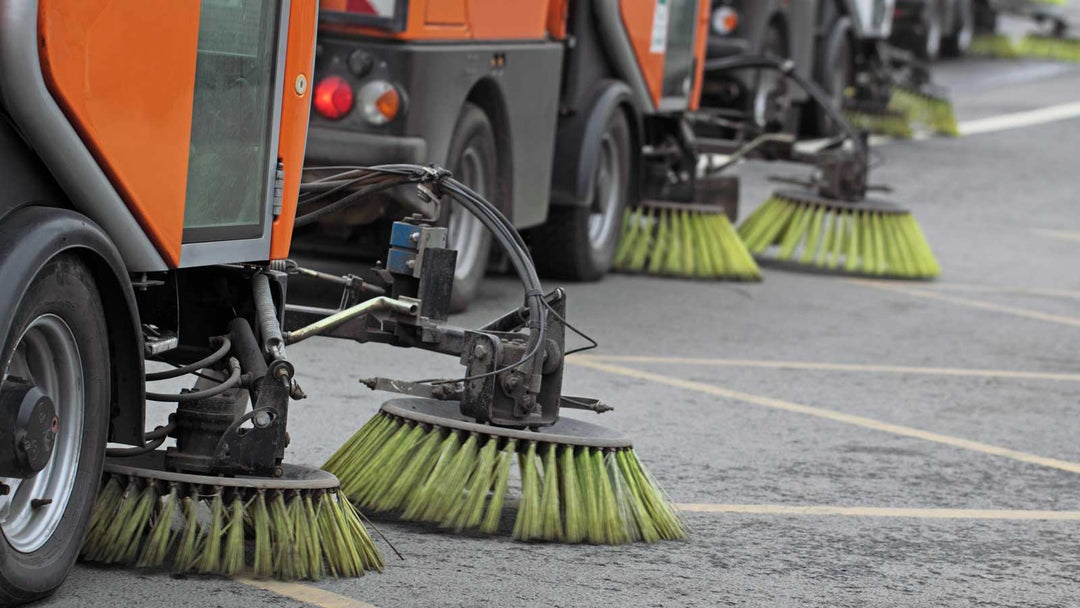Amateur Time Trials: How to Prepare for Your First Solo Race
Amateur Time Trials: How to Prepare for Your First Solo Race
Introduction
Entering your first amateur time trial can be both exhilarating and intimidating. Time trials, often referred to as "the race of truth," require you to race against the clock, pushing your limits without the dynamic of direct competition against other cyclists. This blog post will guide you through the essential steps to prepare for your first solo race, ensuring you're ready both mentally and physically.
Preparing Your Equipment
Choosing the Right Bike
The right equipment can make a significant difference in a time trial. While a specific time trial bike is ideal due to its aerodynamic design, a standard road bike can also be effective, especially for beginners. Consider the following:
- Aerodynamic frame: Reduces wind resistance.
- Time trial bars: Enhances your riding position for better aerodynamics.
- Proper gearing: Ensures you can maintain an optimal cadence.
Essential Gear Checks
Before race day, it's crucial to ensure your bike is in top condition. Here are key areas to check:
- Tires: Look for signs of wear and ensure they are properly inflated.
- Brakes: Test for responsiveness and adjust if necessary.
- Chain and gears: Clean and lubricate.
Training and Preparation
Developing a Training Plan
A structured training plan is vital to prepare effectively for a time trial. Focus on these areas:
- Endurance rides: Build your base fitness with longer rides at a moderate pace.
- Interval training: Improve your speed and power with short bursts of intense effort followed by recovery periods.
- Time trial simulations: Practice on a course similar to the race, focusing on maintaining a steady effort and pace.
Mental Preparation
Mental toughness is as important as physical preparation. Techniques include:
- Visualization: Imagine yourself successfully completing the course.
- Goal setting: Set realistic yet challenging goals for your race time and stick to them.
- Relaxation techniques: Practice deep breathing or meditation to manage race-day nerves.
Race Day Strategies
Pacing Yourself
Effective pacing is crucial in a time trial. Start conservatively to avoid burning out too early, and aim to finish strong. Use a bike computer to keep track of your speed and power output.
Nutrition and Hydration
Proper nutrition and hydration can significantly impact your performance. Key tips include:
- Pre-race meal: Eat a light, carb-rich meal 2-3 hours before the race.
- Hydration: Drink water and electrolytes regularly in the days leading up to the race and during the race itself.
Conclusion
Your first amateur time trial is an opportunity to learn about yourself as a cyclist and test your limits. With the right preparation in equipment, training, and strategy, you'll not only finish the race but also set a personal benchmark to beat in future races.
> "A time trial is a perfect opportunity to discover your capabilities and push beyond them."
Call-to-Action
Ready to put your training to the test? Sign up for your first amateur time trial today and experience the thrill of racing against the clock!
---
Meta Title: Prepare for Your First Cycling Time Trial - Beginner's Guide
Meta Description: Learn how to prepare for your first amateur time trial with our comprehensive guide covering equipment, training, and race day strategies.






